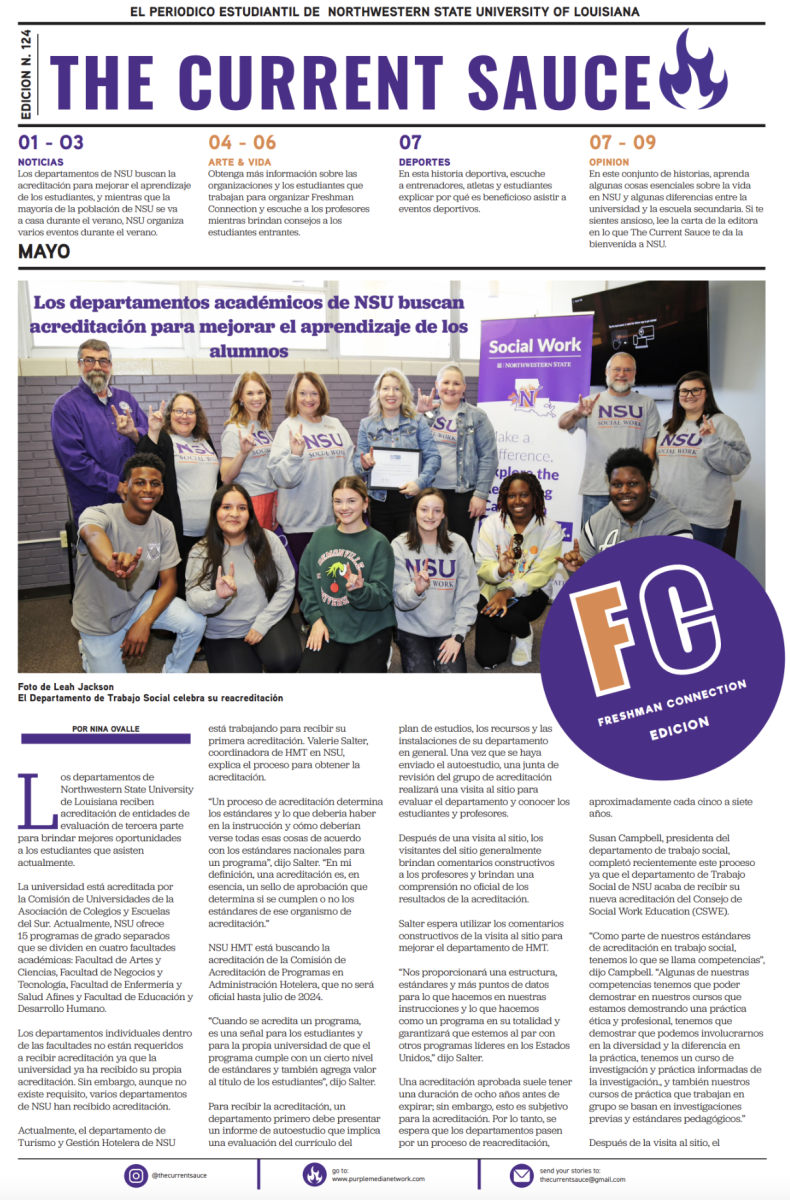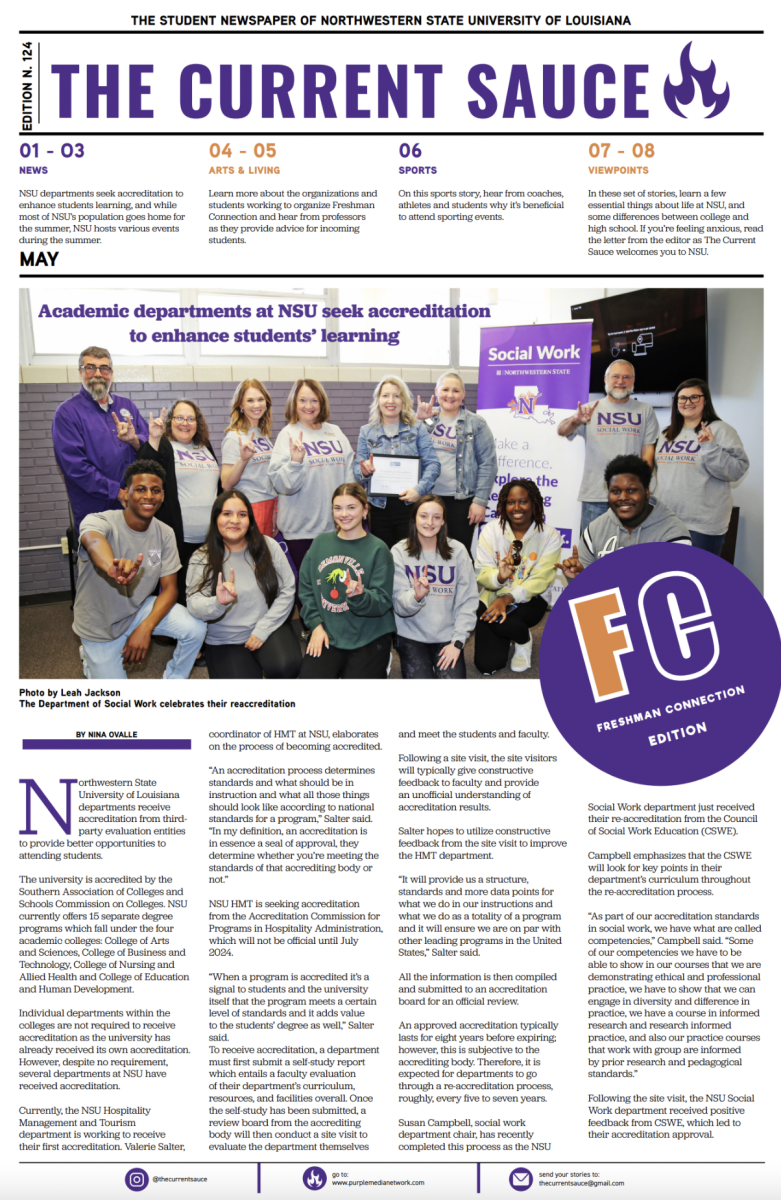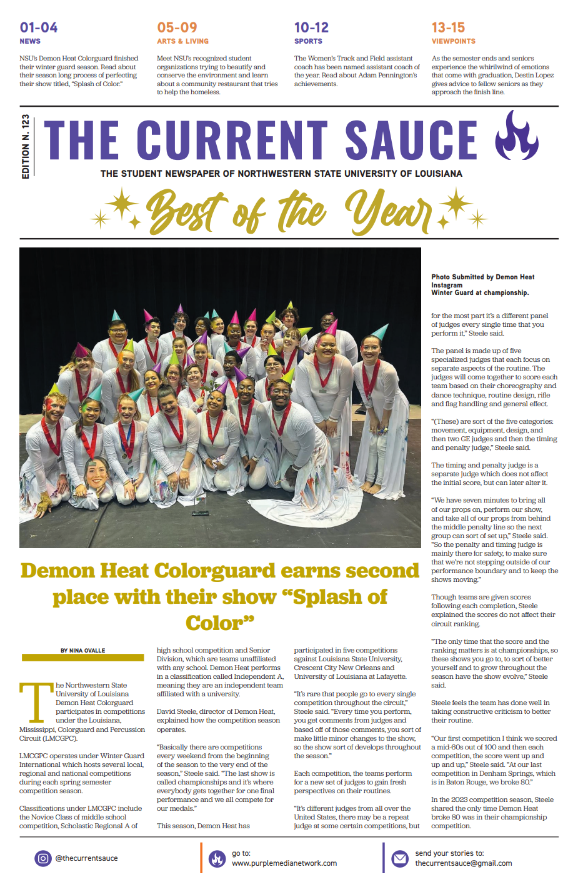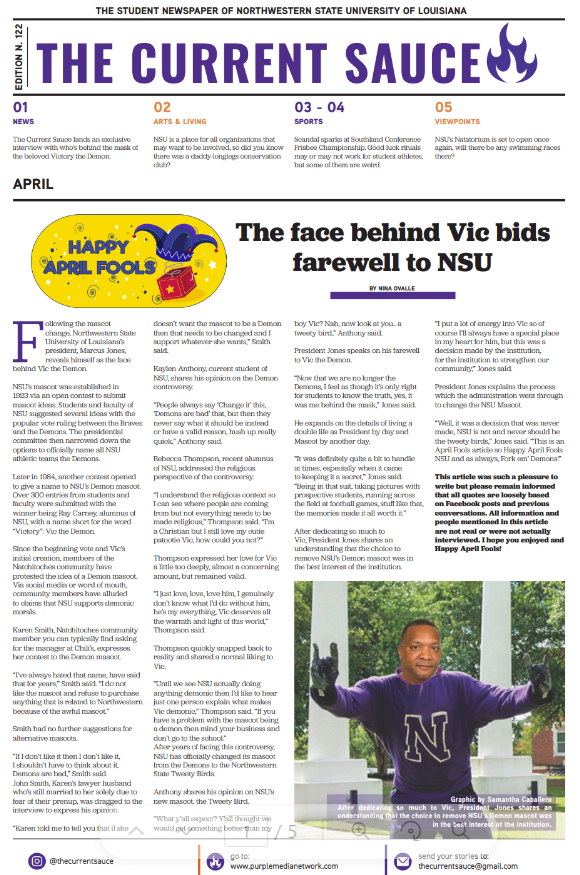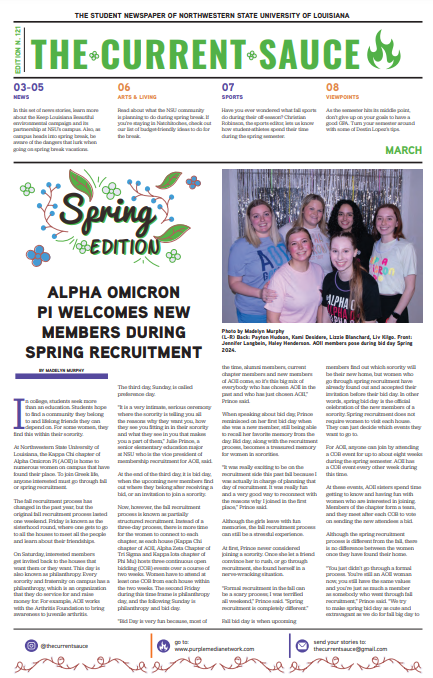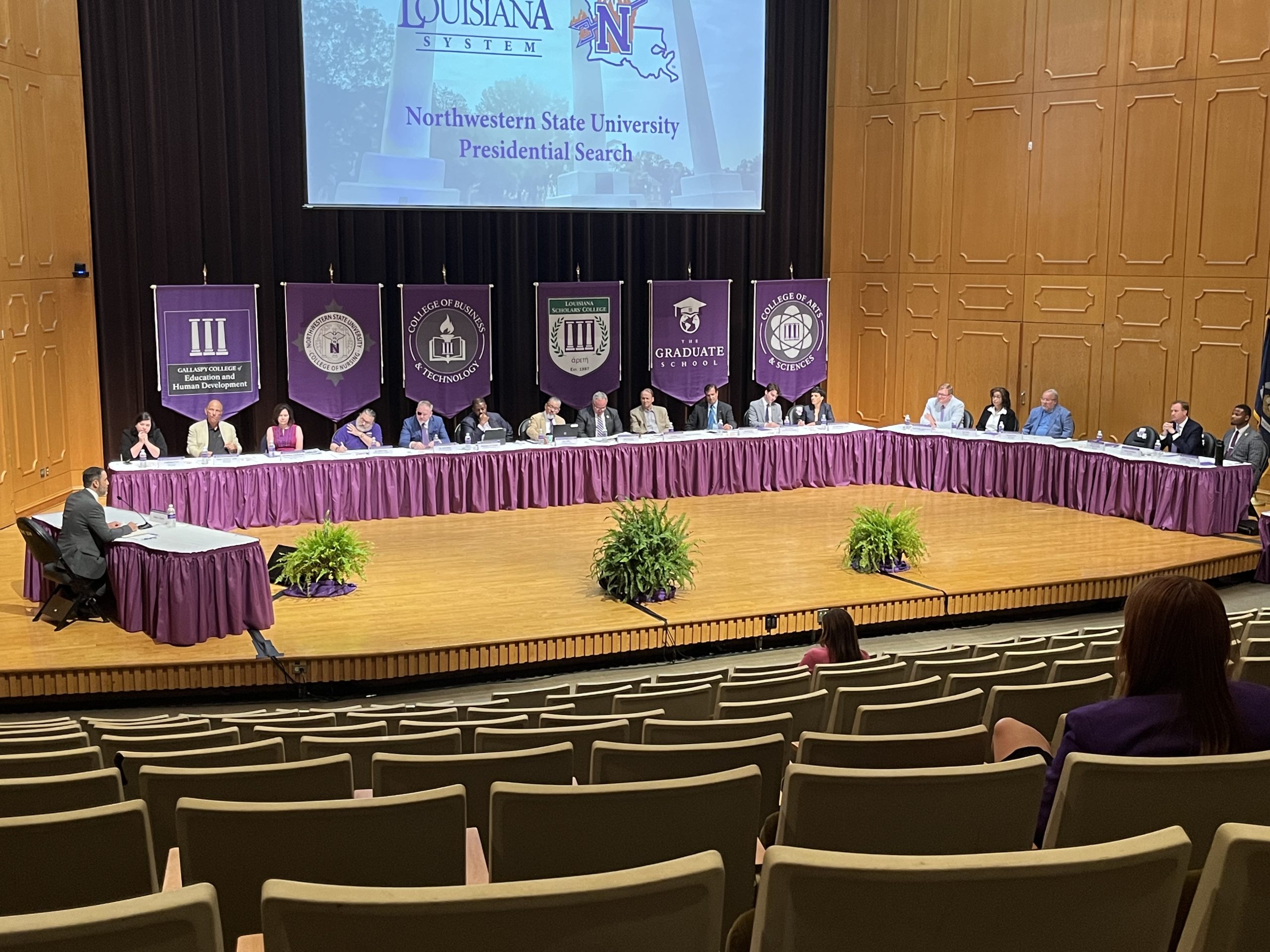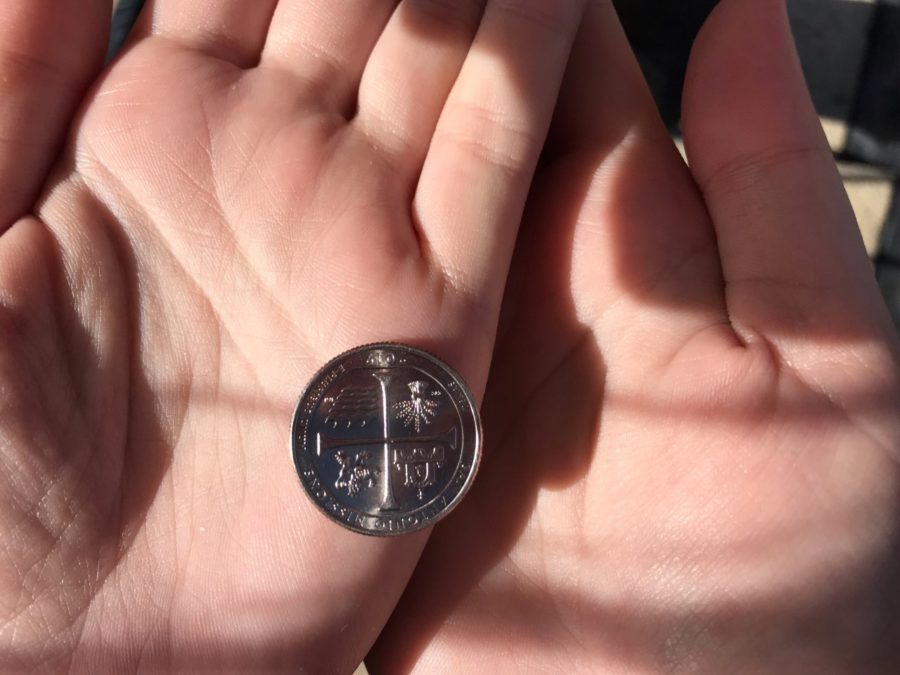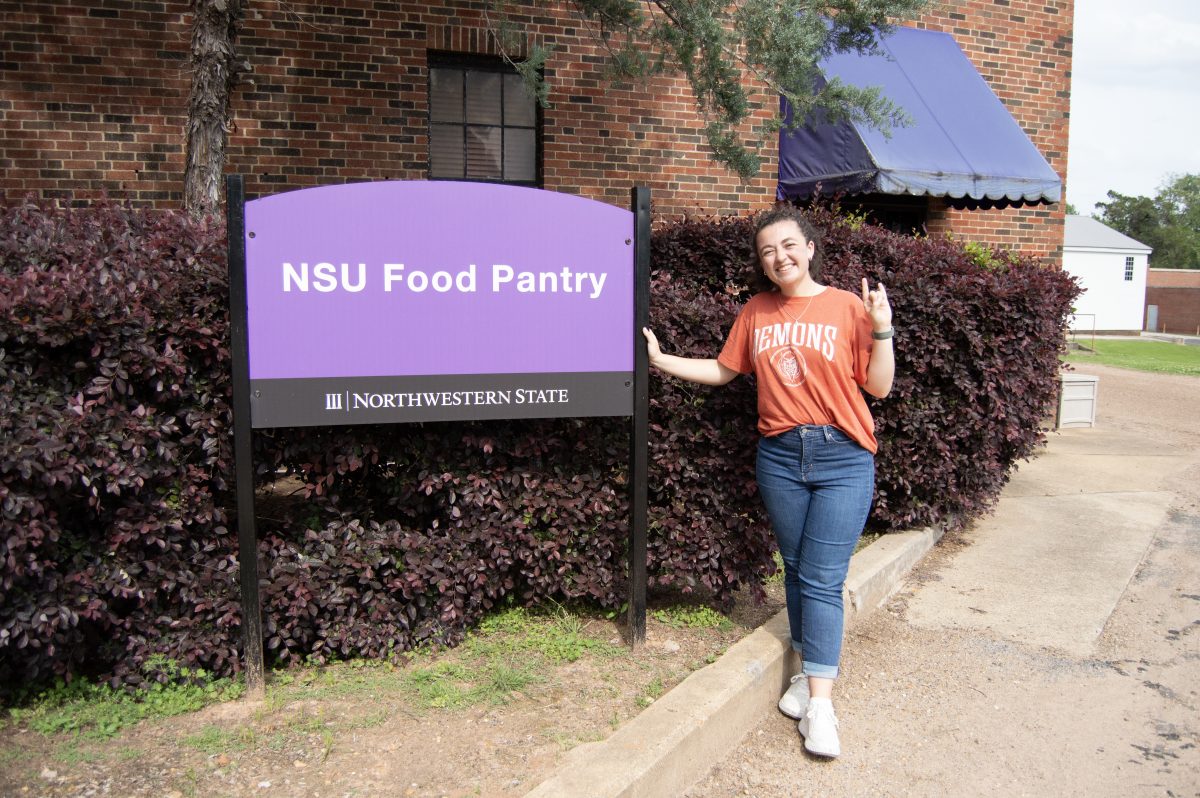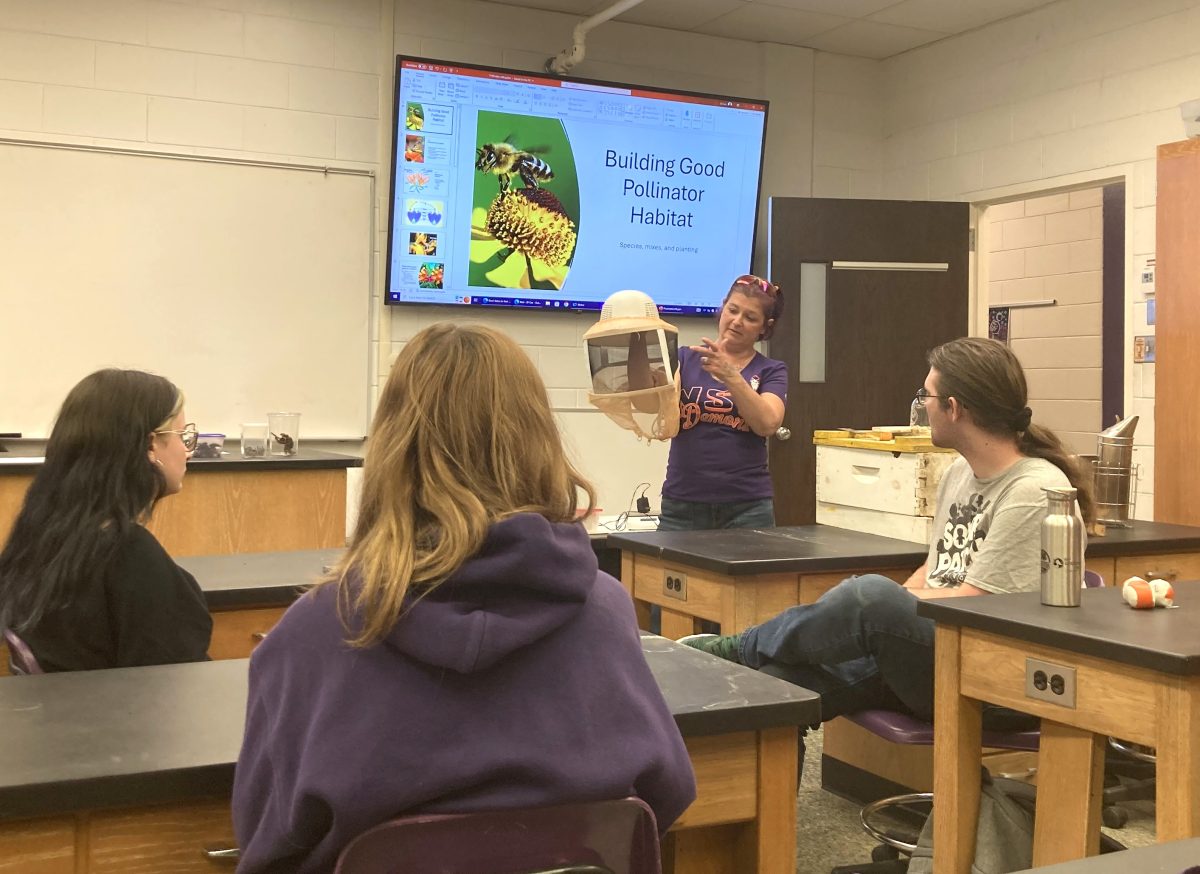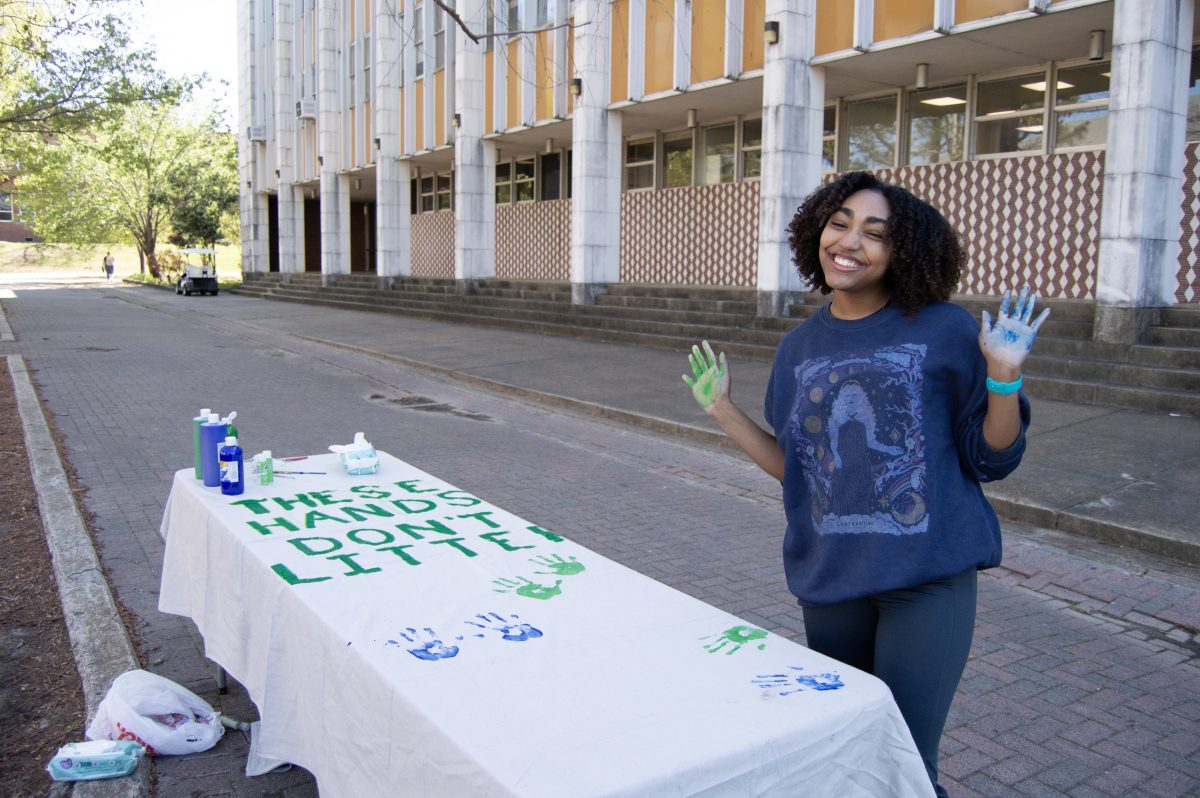Brianna Corley
Arts and Living Editor
E Pluribus Unum: a phrase engraved on every American coin thought to be forgotten but always there.
Out of many, one, as it translates, exists not only as a testament to the influence ancient languages still hold but to the fact that they are far from dead.
“To say that they are not used and to not realize how much influence they still have in the modern world is a mistake,” Professor of Classics Dr. T. Davina McClain said. “Because we don’t think about language, we use and abuse English constantly. We don’t think about how we express ourselves. We don’t think about what we really mean. We don’t understand our own grammar.”
McClain states that she resents the term dead to refer to ancient languages as they are far from not being used. Latin exists and is spoken widely among many groups. The Greek of The Odyssey is still what is spoken in Greece today.
Even the languages in ancient context still wield incredible impact in law, medicine and the study of culture.
“Studying these languages help students understand there are different ways to think,” McClain said. “We can read these stories and see those lessons in an image that is maybe not our own society, but we don’t feel it in a way that ancient texts make us feel.”
Out of the many lessons that can be learned from studying ancient text, an openness to difference, to self-criticism and to self-awareness are what McClain values most. She thinks learning a language by the terms of its own rules causes students to think more critically about what that means for them and look at the world at large and their place in it.
“There is a difference to reading Homer in the Greek,” McClain said. “Hearing the sound of an ancient voice, you can read it and know that was the sound someone heard a thousand years ago. Realizing we’re a tiny part of the continuum can help us be a little less egotistical.”
Catelyn Errington, sophomore, also attests to the difficulty and careful thought put into translating languages, noting that even professionals find varying translations of the same text. The smallest flaw can make the greatest difference.
“As soon as you translate you lose meaning,” Errington said. “Latin was the language of scholars for such a long period of time and the best way to go back and understand what those people were saying.”
Zoe Hebert, junior, believes that being able to translate an ancient text herself brings a richness to the reading experience because of the ability to catch mistakes and taking meaning out of the language for herself.
“You’re discovering a whole new meaning behind these texts that you couldn’t do in English because English is such a limited language,” Hebert said. “The context changes, but the messages are always going to be important.”

